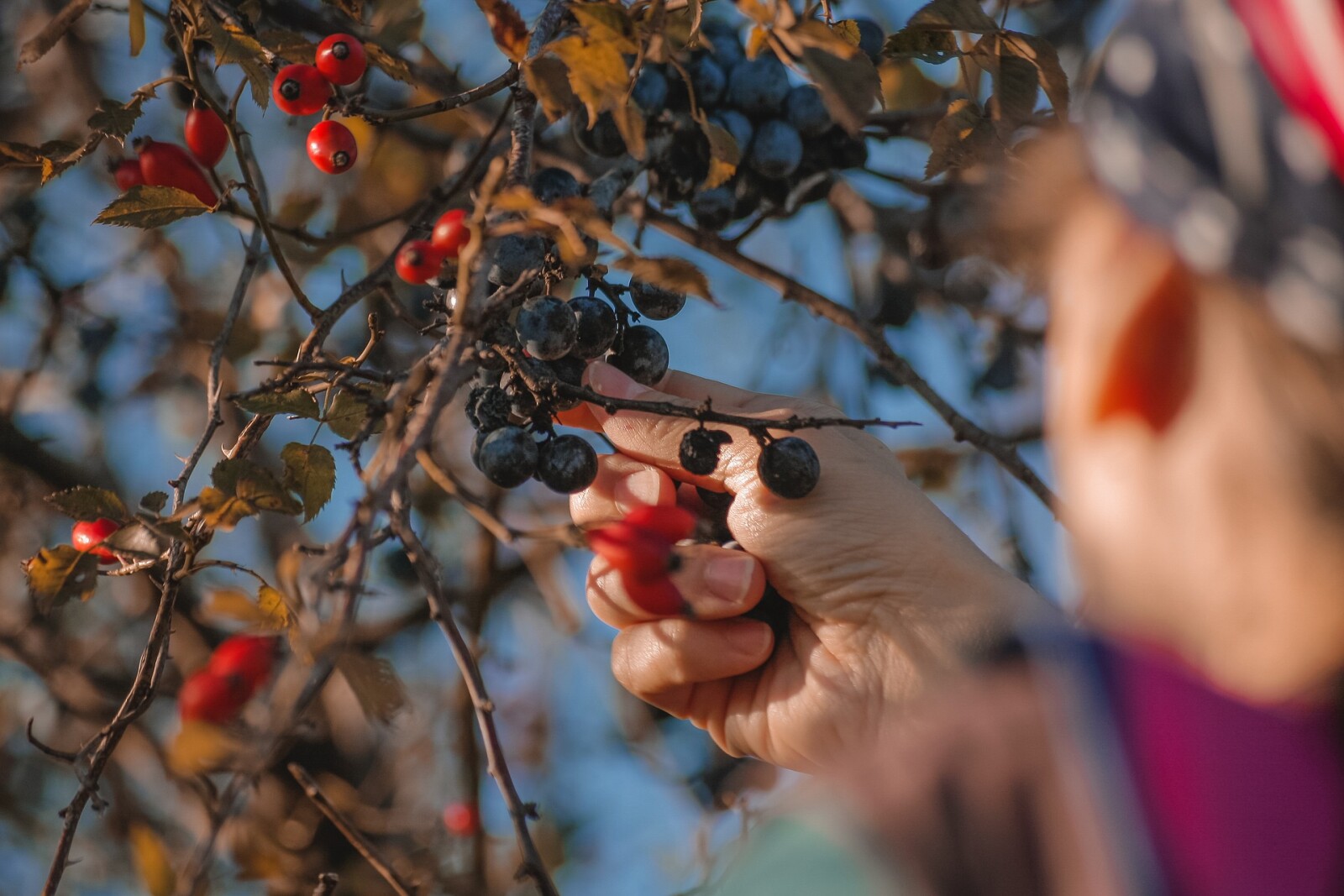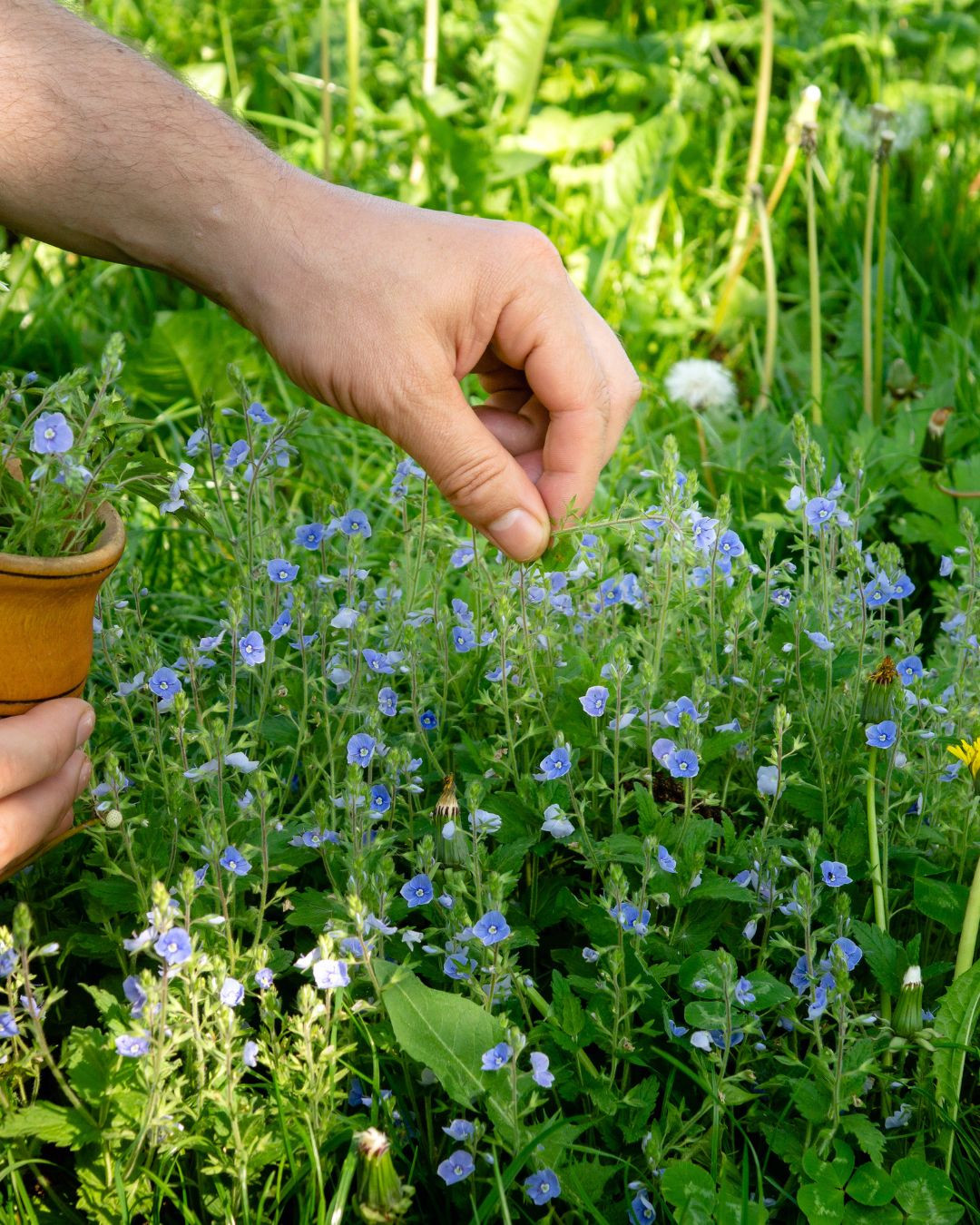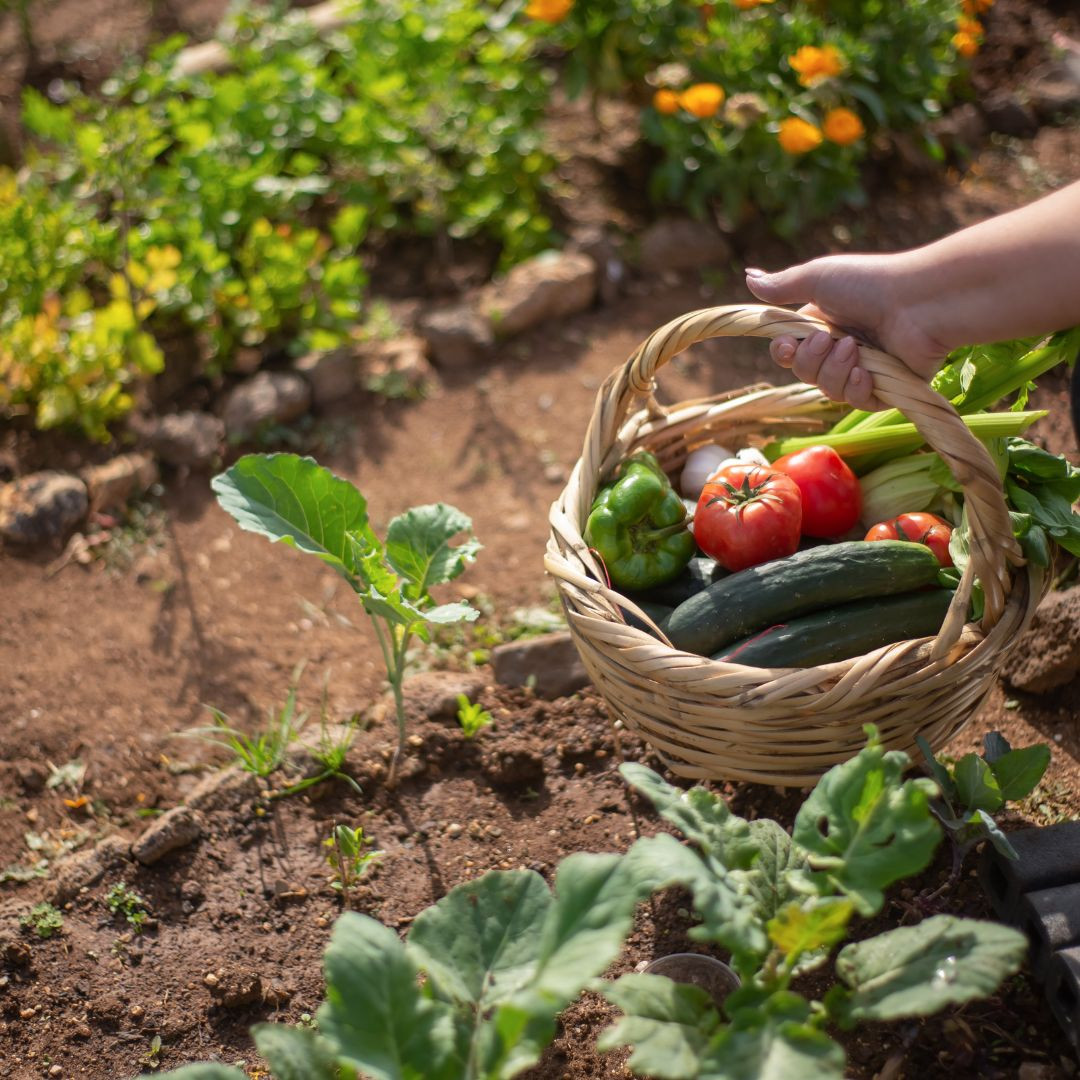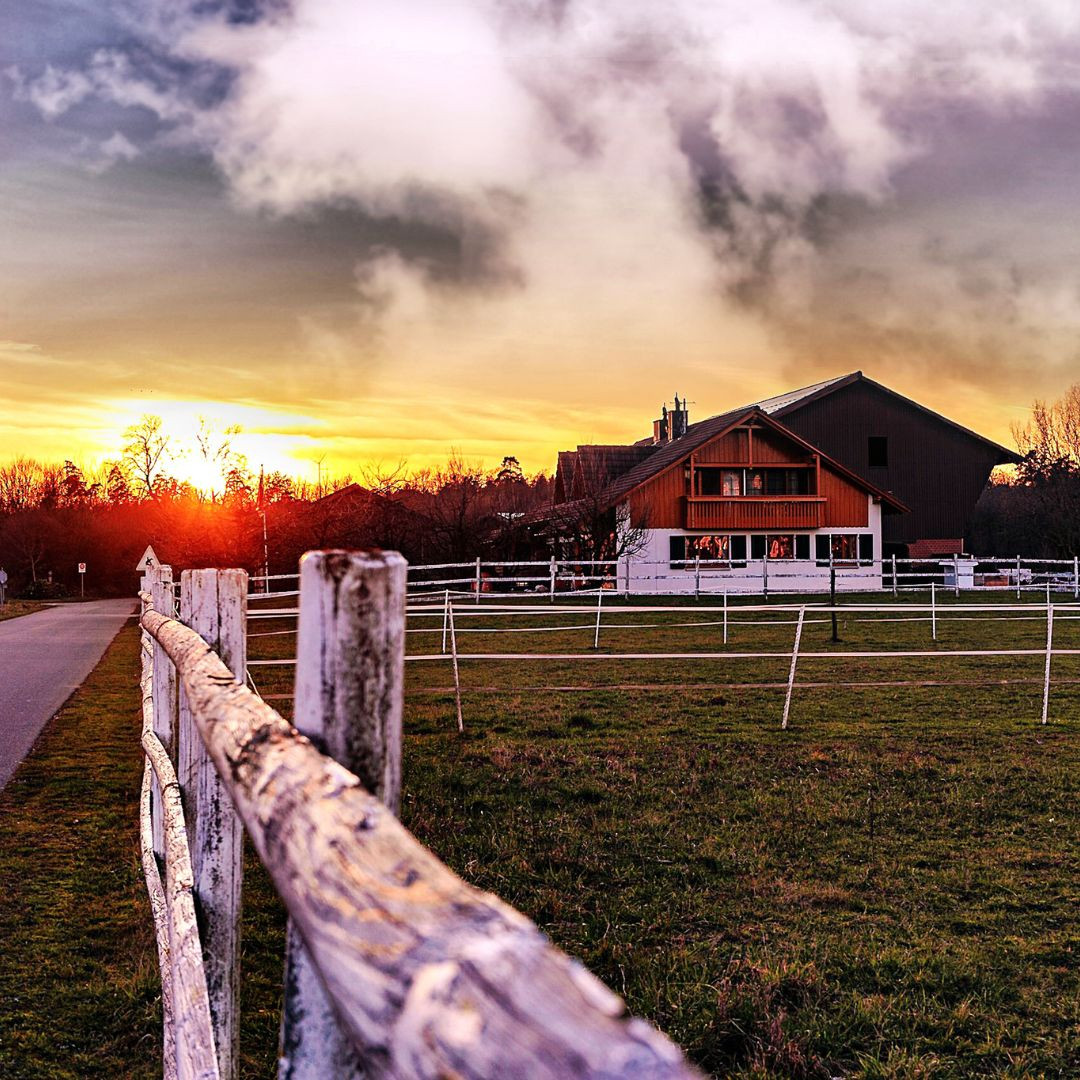This post may contain affiliate links, which means that I may receive a commission if you make a purchase using these links, with NO additional cost to you.
If you're thinking of starting a small homestead, keeping chickens is a great way to start. Chickens are fairly low-maintenance and forgiving when it comes to feeding. As long as you provide them with some supplemental feed and kitchen scraps along with their free-range activities, they'll thrive. There are a few things to keep in mind, though. Whether you're looking to buy formulated feed from a farm store or make your own feed mix, this beginner's guide will give you all the tips you need to keep your chickens fed and healthy. If you can’t free range, no worries! You can still have chickens.
Formulated Feed:
The easiest way to keep your chickens fed is to buy formulated feed from a farm store. It contains all the necessary nutrients that your chickens need to thrive. You can choose between different formulations based on the age of your chickens, their breed, or if they're laying hens or meat birds. You can also choose between pellets, crumbles, or mash, depending on your chickens' preference. This is by far the easiest for free-ranging and those not. It is also more expensive. Keeping a self-feeder of oyster shells or crushed egg shells for laying hens, is a must to keep hens laying appropriately.
Kitchen Scraps:
Chickens love kitchen scraps, but there are a few things to keep in mind. Firstly, make sure that scraps are fresh and not moldy or spoiled. Secondly, avoid giving them scraps that are too salty, spicy, or greasy. Lastly, avoid giving them scraps that contain avocados, chocolate, onions, or citrus, as they can be toxic for chickens. Kitchen scraps that are great for chickens include fruits, vegetables, grains, and bread. I like to scatter these on the ground around the coop or in the run for extra entertainment for them.
Supplemental Feed:
If you can free-range your chickens in your backyard, you don't need to feed them a lot of formulated feed. However, it's always a good idea to have some supplemental feed on hand. You can buy scratch grains, which are a mixture of grains like corn, wheat, and barley, and scatter them in your backyard for your chickens to find. You can should add some oyster shell or grit to their feed to help with digestion. Free ranging is also excellent for bug control. They will meet most of their protein requirements from bugs. In the winter you will need to supplement more to meet their nutritional requirements.
Home Feed Mix:
If you're looking to save money and make your own feed mix, it's important to keep in mind the essential nutrients that your chickens need, such as protein, carbohydrates, vitamins, and minerals. You can make a mix of whole grains, like wheat, corn, oats, and barley, and add some soybean meal, distillers, or fish meal for protein. There are several different ways to raise your own protein by growing bugs for your chickens. You can also add some greens, like alfalfa, for vitamins and minerals. However, before making your own feed mix, it's important to research and consult with an expert to ensure that your chickens are getting all the essential nutrients they need. (I’ll be dropping what I’ve learned in my free Beginner Homesteading group linked below).
Water:
Finally, it's important to make sure that your chickens always have access to fresh water. Water helps with digestion and keeps your chickens hydrated. You can use a water dispenser or a chicken waterer to make sure that your chickens have access to water at all times. Make sure to change the water regularly to avoid contamination and bacteria growth. You will also need to clean and scrub out the waters about once a week in the summer to keep algae growth away.
Keeping chickens fed is fairly easy, as long as you provide them with the necessary nutrients they need to thrive. When you don’t they won’t give you eggs. Whether you choose to buy formulated feed, feed them kitchen scraps, or make your own feed mix, always keep in mind the essential nutrients that your chickens need. Also, make sure to provide them with fresh water at all times. By following these tips, your chickens will be happy and healthy, and your homestead will be off to a great start.
As I've grown in my journey as an entrepreneur, mom, gardener, and livestock owner, I struggled to find a planner that met my needs and kept me organized. So I MADE MY OWN. You can take a look at it on the link blow and buy it on amazon below
Don't want the whole calendar part? I got you! I pulled the gardening and animal care pages out and put them in a book all their own.
Wanting a community to lean into? Join the FREE Helping Your Family Homestead for Food group! This community is for the Mommas, looking to stay home and raise their kids, but unsure how to keep everyone fed and make ends meet. I share tips from my journey from the office, to half the income and feeding my family from home, while maintaining good nourishing food. Tips include: gardening, bulk buying, caning,/preserving, livestock, homesteading, and home remedies. Your family is precious and this group is to help you gain the knowledge and tools to keep your family well and not reliant on outside professionals. Remedies and tips are easy and simple for the busy momma, time is precious after all, including pregnancy, birth, young kids, and illness. Trust your Momma gut again! This community offers the resources + community you need to help get started on your journey and prepare for whatever future you envision.
Starting to garden doesn't have to be hard! I gathered all the tips I've learned over my gardening learning curve and made them into a simple course to jump start your gardening your life.
Supporting Your Family Naturally From the Inside Out community!! This community is for the Mommas, looking to Support Your Family from Nature for Wellness. Tips range from nutrition, herbals, detoxing, natural cleaning, and essential oils. Basically all the things I’ve learned slowly over the past 5+ years if my journey. We have moved off Facebook, so to better serve our community and be able to discuss openly option for providing for your family in the best way possible.
Join the FREE Community
Join the FREE Community
I've had 3 very different pregnancies. After the first traumatic birth, I learned better and how to care for my body naturally and prevent common pregnancy and birth problems before they arise. This quick course will get you the tools you need to have a naturally healthy pregnancy, labor, and delivery. My first pregnancy I had a normal western medicine all the things pregnancy. My second? I flipped to completely natural, no medicine. Bonus: Preventing Preeclampsia Without the Aspirin & Healing from Birth Trauma
Click here to get the stories straight to your email:
For more on wellness tips click here:
For more on homesteading on your budget click here:
For more simple DIY updates click here:















0 Comments